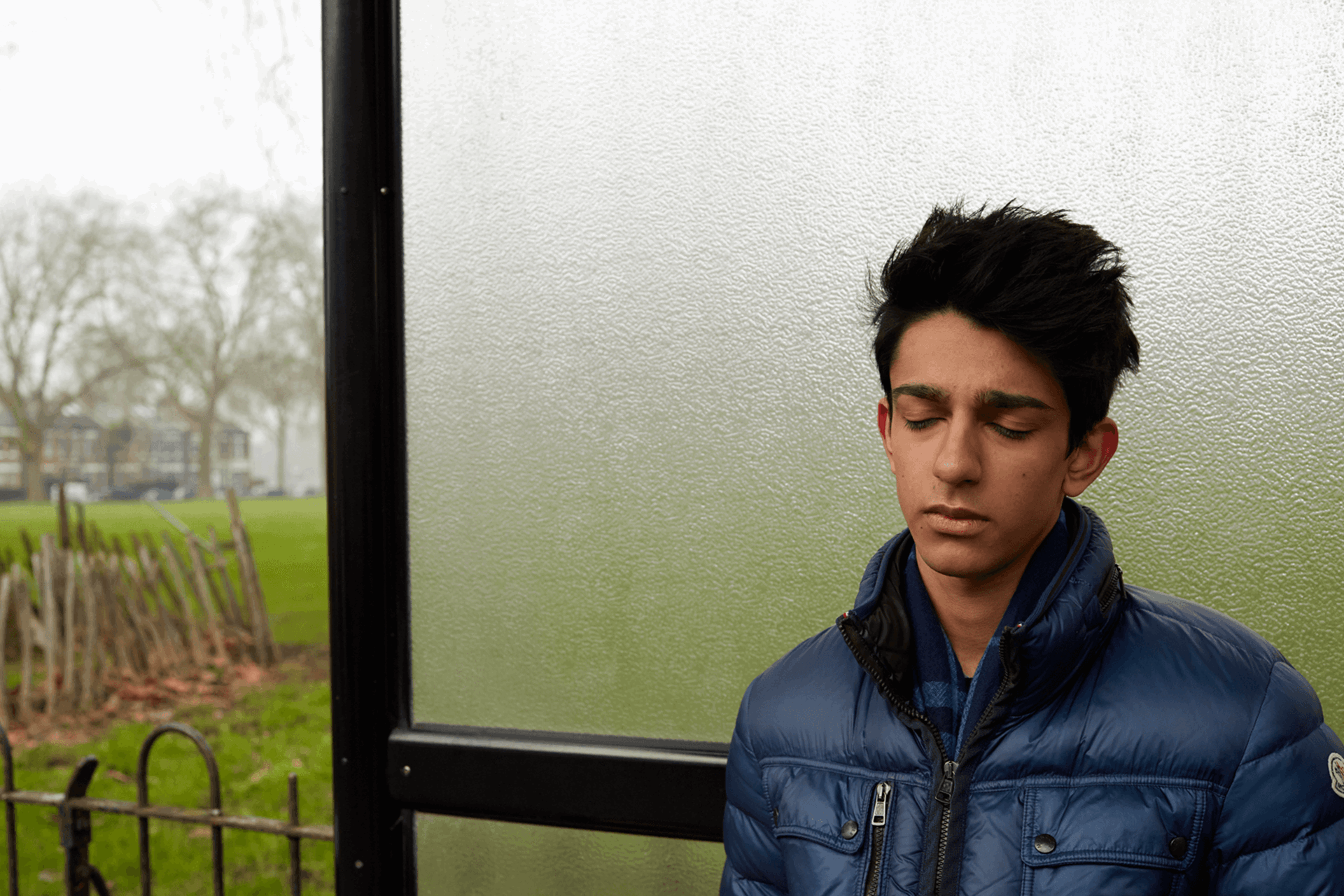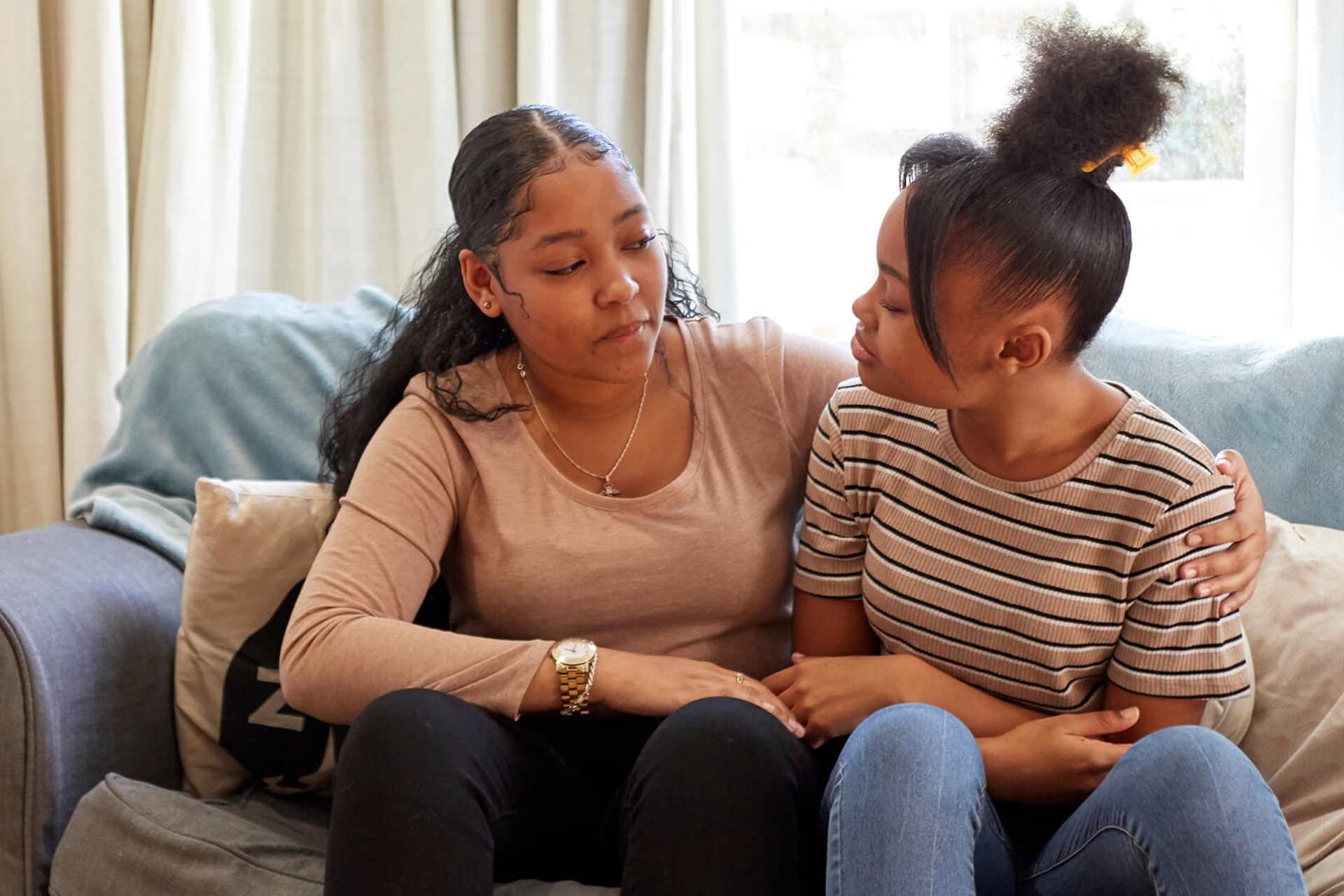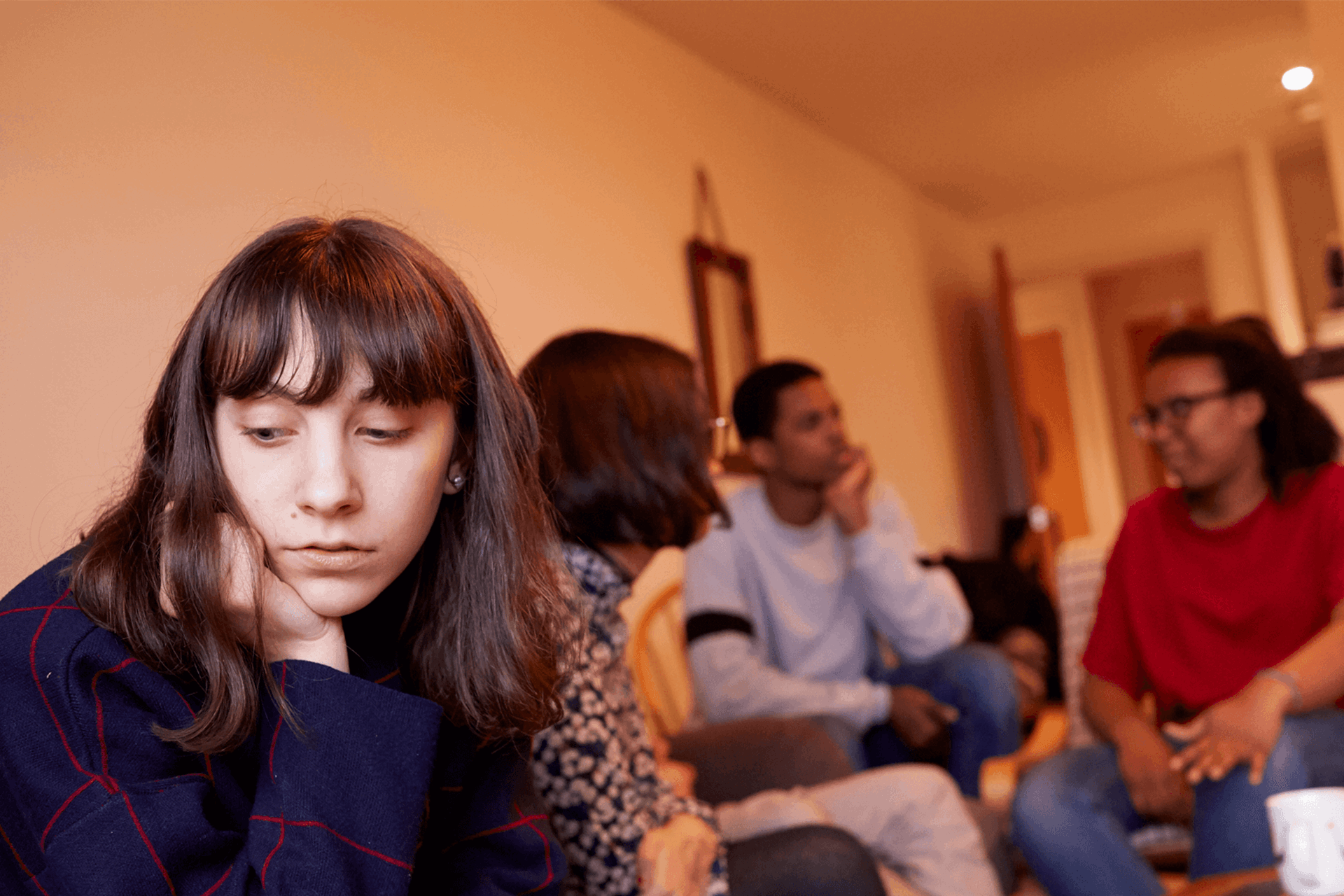Topics mentioned: eating problems, binge-eating disorder, anorexia, anxiety, depression
About: Hollie explains what binge-eating disorder (BED) is and what her experience of the eating disorder has been. She also shares her tips for coping.
What is binge-eating disorder?
According to the NHS, binge-eating disorder involves regularly eating a lot of food over a short period of time until you are uncomfortably full.
Growing up, I had never heard of binge-eating disorder. For me, the only eating disorders I had ever heard about in school were anorexia and bulimia, and even these weren’t widely discussed. If binge-eating was ever mentioned, it wasn’t viewed as a genuine mental health problem, but as a lack of self-control or an excuse for gaining weight. I never fully understood what binge-eating actually was, until it began to affect me.
I never fully understood what binge-eating actually was, until it began to affect me.
My story
The main symptoms of binge-eating disorder include eating when you’re not hungry, eating very fast during a binge, eating alone and in secret, and feeling depressed, guilty, and ashamed after a binge. Although experiencing all of these symptoms is highly unpleasant, from my experience one of the hardest things is dealing with the fear of what other people will think.
One of the hardest things is dealing with the fear of what other people will think.
For me, when I binged on food it was a coping mechanism in times when I was experiencing high levels of anxiety and depression. This fed an unpleasant cycle when the binge-eating itself led to further feelings of shame and despair. Inside I was miserable, and my lack of knowledge on the issue meant that I had no hope that it could get better. I believed that it was my fault, my lack of self-control, and an inability to help myself stop.
I would often wait until I was home alone and then find any food in the house and eat as much as I could without it being obvious to my family later. As well as this, I would struggle to stop eating in stressful situations. If I was at a party with a large table of food, throughout the evening I would eat, even after the point of being full, in an attempt to calm my nerves from social anxiety and relax, even though this never worked.
I believed that it was my fault, my lack of self-control, and an inability to help myself stop.
How society views binge-eating disorder
There is still a lot of stigma and misunderstanding about eating disorders. Things have improved with the help of celebrities and charities sharing personal stories and addressing the stigma surrounding conditions like anorexia and bulimia. Sadly though, there is still an underlying view that it is somehow the person’s fault, and that if they could only learn some self-control they would recover easily. This just isn’t true.
Eating disorders are serious mental illnesses that require care, treatment and respect in order to help sufferers cope. For me one of the main reasons that I didn’t look for help and support was that I was scared of what my friends and family would say, and worried that people would treat me differently or make negative comments blaming me for ‘making it up’.
Eating disorders are serious mental illnesses that require care, treatment and respect in order to help sufferers cope.
Sadly, for many of you these issues could also have prevented you from getting the help that you need and deserve, and if that is the case then I want to reassure you that you are not alone. When I finally got enough courage to talk to my mum about binge-eating in general, I found that even in my own family I wasn’t the only one struggling. I had other relatives who also suffered from symptoms of binge-eating disorder, and although they never talked about it, knowing that I wasn’t the only one gave me strength to fight for an improvement in my situation.
Tips for coping
- As hard as I know it can be to reach out for help, like any mental health problem, you don’t need to go through this alone. Whether you talk to a trusted friend, an adult in school, or contact one of the many support services available, it’s important to find people who will stand and fight with you.
- Don’t give up if it’s a slow journey. Improving your mental and physical health is never an immediate thing. There will be times where you slip back into your old habits and it feels like you’re taking two steps back, but don’t ever give up because you can do it.
- Remember that it’s not your fault. Binge-eating disorder is a real, serious issue. You are not weak, you are not incapable of control, you are just a normal person who is suffering from a mental illness, and that is nothing to be ashamed of.
So for those of you who are silently struggling in hopelessness and fear, I want you to know that it can and will get better.
Remember that it’s not your fault. Binge-eating disorder is a real, serious issue. You are not weak, you are not incapable of control, you are just a normal person who is suffering from a mental illness, and that is nothing to be ashamed of.
More information and advice
We have tips and advice to help you find the support you need. Take a look at our guides.
Where to get help
However you're feeling, there are people who can help you if you are struggling. Here are some services that can support you.
-
Beat
Offers information and support for anybody affected by eating disorders.
One-to-one web chat available. They also run a range of online support groups, which are all fully moderated and anonymous.
Enter your postcode in the HelpFinder to see what eating disorder support is available in your area.
View their information on helpline accessibility and confidentiality.
- Opening times:
- 365 days a year - weekdays (9am - 8pm); weekends (4pm - 8pm)






